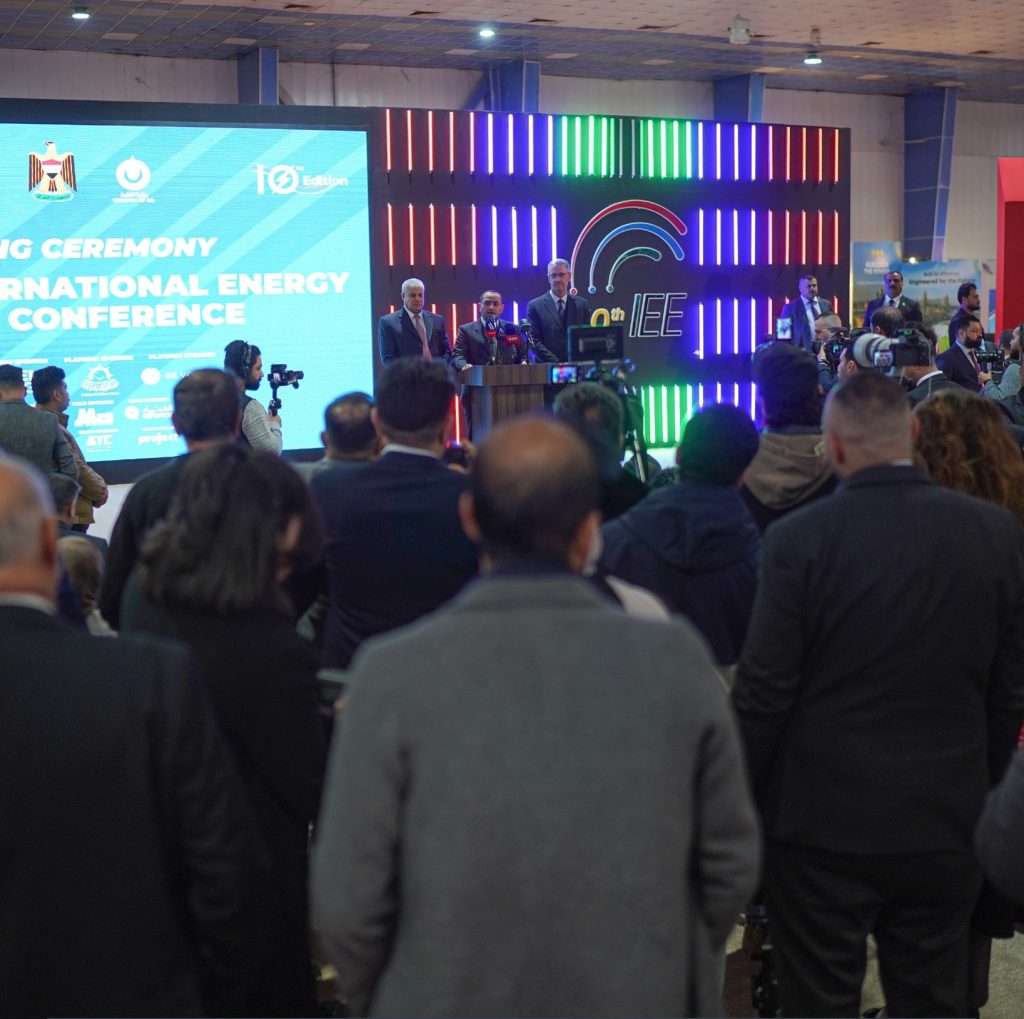25, June 2025 — Iraq is accelerating its renewable energy expansion through a national solar plan and attractive financial incentives, paving the way for increased adoption of home-based energy storage technologies.
To address chronic power shortages and reduce reliance on fuel imports, Iraq is ramping up renewable energy expansion.”The Ministry of Electricity confirmed that the country is targeting 126 gigawatts of installed solar power by 2030, aiming to meet one-third of its national electricity demand through clean energy sources.
To support this goal, the Central Bank of Iraq has launched a low-interest loan program (0.5%) for residential and small commercial solar projects. Eligible applicants can receive funding between $4,800 and $20,770, with repayment terms extending up to 3-5 years. Simultaneously, a government fund of $880 million has been approved for installing solar systems in more than 500 public-sector facilities, including schools and administrative buildings.
Iraq ranks in the top 10% globally for solar irradiance, and summer days offering up to 12 hours of peak sun. Despite this, the country’s current installed solar capacity remains low—highlighting the untapped opportunity in both public and private sectors.
While solar panels gain traction, experts say home energy storage is key to stabilizing Iraq’s unreliable grid. Frequent blackouts continue to affect urban and rural households alike, with many areas receiving only about 10 hours of electricity per day. The country still imports approximately 40% of its electricity and natural gas from Iran, underscoring the need for greater self-sufficiency.
“Solar panels alone can’t fix Iraq’s grid instability,” notes a Baghdad-based energy analyst. “Pairing solar panels with battery-based energy storage systems enables households to maintain power during outages, reduce reliance on diesel generators, and better manage electricity consumption. Such systems store surplus daytime solar energy for use at night or when the grid fails, offering not only convenience but also long-term cost savings.“
Polar ESS, a global provider of residential solar storage solutions, has reported increasing interest from distributors and system integrators across Iraq. The company’s regional director noted that rising public awareness, coupled with government support, has created “an ideal climate for solar-plus-storage solutions.”
“Our energy storage systems are specifically designed for the challenges of the Middle East—high temperatures, unstable grids, and long outage periods,” Polar ESS general manager said. “By combining solar generation with advanced lithium battery technology, Iraqi households can achieve greater energy independence and stability.”
With strong policy backing and growing market interest, Iraq’s solar and storage sector appears poised for rapid expansion in the coming years.
To learn how Polar ESS can support Iraq’s solar future—or to become a partner—visit www.polar-ess.com or email us at info@polar-ess.com today.



